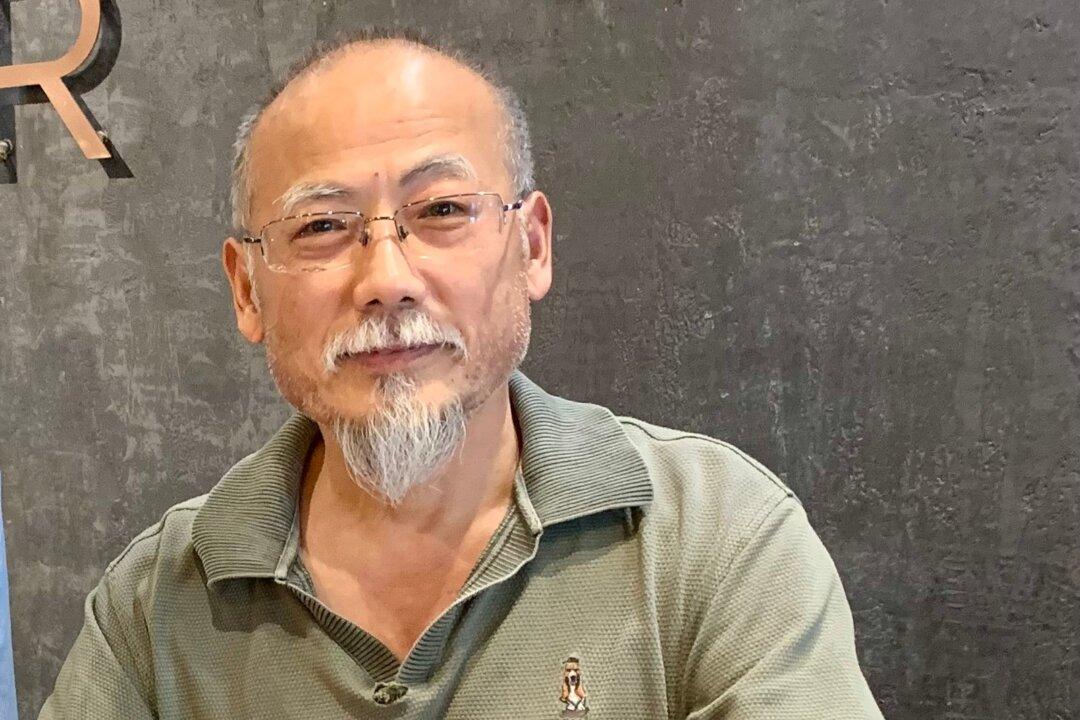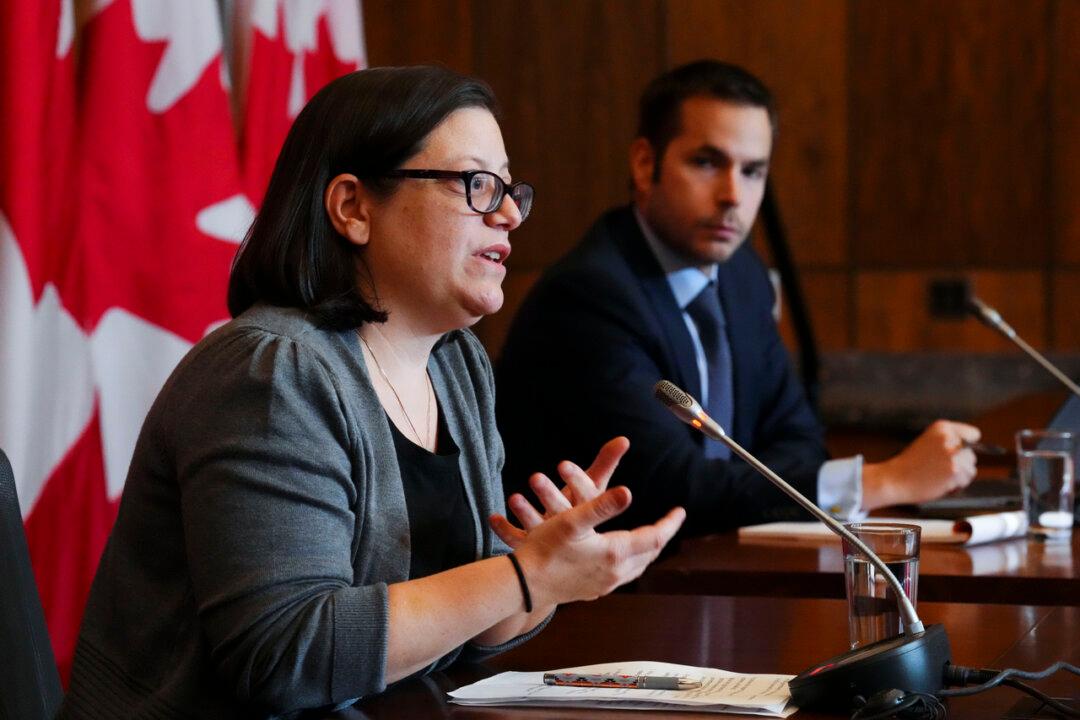OTTAWA—Conservative MP Garnett Genuis raised forced organ harvesting in China this week in the House of Commons in the hopes of securing government support for his private member’s organ trafficking bill.
“Canada needs to be vocal in standing up for international human rights, and in particular for the rights of persecuted minorities. Even above that, Canada needs legislation which would define in Canadian law our opposition to involuntary organ harvesting in cases where it comes back to our shores,” Genuis said on May 17.
“This really is a no-brainer and it should be a non-partisan issue.”
Genuis pointed out that Bill C-350, which aims to counter forced organ harvesting, is the same as Bill C-561 put forward by former Liberal justice minister Irwin Cotler. That bill only made it to first reading in the last Parliament.
Liberal MP Borys Wrzesnewskyj, who had previously put forward a similar bill that also failed to make it through the legislative process, seconded Bill C-350 when Genuis introduced it on April 10.
Bill C-350 would amend the Criminal Code to impose penal sanctions against those who, whether in Canada or abroad, knowingly acquire or trade in human organs that have been removed without donor consent or for financial gain. It would also amend the Immigration and Refugee Protection Act to render inadmissible those non-Canadians who engage in the trafficking of human organs.
Genuis referred to the harvesting of organs from Falun Gong prisoners of conscience in China while they are still alive—an atrocity that was first exposed in a 2006 report by Canadian lawyers Davd Matas and David Kilgour.
“Sometimes these organs are cut out of a person while he or she is still living and without anaesthetics, screaming in pain as the person’s body is cut apart. In many cases, organ harvesting is a form of further abuse, targeting members of persecuted religious minorities,” he said.
According to “Bloody Harvest/The Slaughter: An Update,” released last June by Kilgour, Matas, and investigative journalist Ethan Gutmann, other religious minorities besides Falun Gong practitioners being killed to supply China’s highly lucrative organ transplant industry are Uyghur Muslims, House Christians, and Tibetans.
The report estimated that “between 60,000 and 100,000 organs are being transplanted in Chinese hospitals every year, with the source for most of those organs being prisoners of conscience, primarily Falun Gong practitioners.”
Falun Gong, also called Falun Dafa, is a traditional Chinese spiritual discipline handed down from ancient China based on the principles of truthfulness, compassion, and tolerance.
“There is a real urgency to move forward with this kind of basic human rights legislation given escalating human rights problems around the world, and given the emphasis this government is putting on Canada’s relationship with China,” Genuis said.
Complex Issues
In reply to Genuis, Marco Mendicino, parliamentary secretary to Justice Minister Jody Wilson-Raybould, said the bill “raises some complex legal and social policy issues.”
“There are a number of complex issues that are raised by this proposed legislation specifically related to the extraterritoriality provisions, which would capture Canadians travelling abroad,” he said.
“In addition, there are other international implications, including under existing United Nations conventions as well as the Council of Europe, which has adopted its own convention against trafficking in human organs. These are all international treaties and conventions, which we will be looking at very closely as we approach the second reading vote.”
Mendicino noted some of the aspects of the bill: “It would require medical practitioners who examine a person who has had an organ transplanted to report the identity of that person as well as other health information to this proposed new entity. As part of this regulatory regime, the bill would impose a duty on the person who receives an organ to obtain a certificate establishing that it was donated and not purchased.”
Genuis said “there is a lot of detail” in the bill and explained the importance of that.
“The detail is important for ensuring that there is effective administration of the provisions that are in place, that we are actually not just saying that we are against organ harvesting, but we have a mechanism in place to address it concretely.”
He said he is open to amendments to the bill, and asked Mendicino whether he could count on the government’s support at second reading.
Mendicino replied that “the government is taking a hard look at this bill, without making any comment about what our position will be at second reading.”
Genuis noted that there is currently no law preventing Canadian citizens from going abroad, acquiring an organ which they know or which they should know has been taken without consent, and then returning to Canada for continuing medical treatment.
He noted that organ transplantation in China is a booming industry, with the regime investing large amounts of money into new buildings, staff, and research and training in transplantation.
“Given this massive capital establishment coupled with the high volume of transplants, the transplantation industry in China is built on not just the ready supply of available organs in the present, but also on an expectation of an indefinite supply of organs for the future, ” he said.
“As such, we should greet claims by the regime that this practice has ended with severe skepticism.”
“Bloody Harvest/The Slaughter: An Update” found that China’s state-driven transplantation industry transplants far more organs—by an order of magnitude—than can be accounted for by officially acknowledged sources, which Beijing says are limited to executed death-row prisoners and voluntary donors.
Israel, Spain, Italy, and Taiwan have passed laws restricting their citizens from travelling to China to receive organ transplants from illicit sources.





